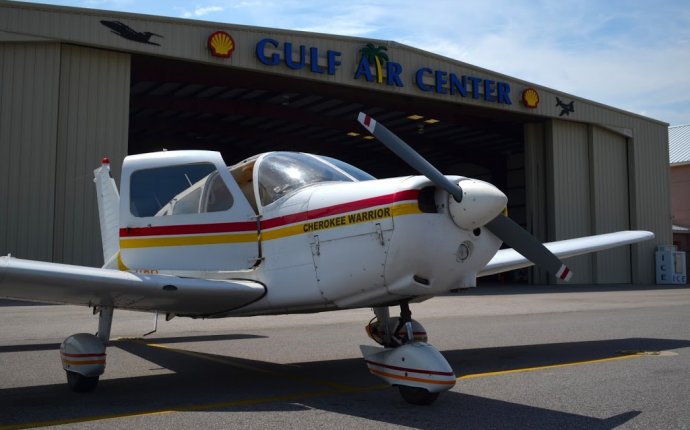
How to become a Marine helicopter pilot?
Marine Super Cobra Pilot Captain Derek Garden talks about his career.
What do you do for a living?
I fly AH-1W Super Cobras. It’s the Marines’ attack helicopter.
How would you describe what you do?
My primary job is to fly my helicopter and provide CAS (Close Air Support) to the Marines on the ground. Basically to keep them safe by way of protecting their transport helicopters, medevac aircraft, or destroying nearby threats with our various rockets, missiles, and gun. My secondary job is as an operation officer, which involves writing the flight schedule that my squadron operates on daily. Every Marine pilot in a helo squadron has a ground job of some sort that is involved in helping the squadron run on a day to day basis.
What does your work entail?
My primary job when we aren’t deployed is to fly my aircraft and train so that when I’m deployed I have all the necessary skills. That means training on NVGs (night vision goggles), practicing weapons delivery, practicing emergency procedures, studying my aircraft to know the systems and how to get the most out of them, a ton of different things. We also participate in mock combat scenarios with the ground troops that we will be supporting on deployment to get everyone used to seamlessly integrating on the battlefield. My second job is a bit tedious. It involves writing the schedule, the “big picture” if you will, for the squadron’s daily operations. It means making sure the proper people are assigned to the right events, making sure aircrew have the time they need to prepare for missions, and talking to other units to ensure we are all on the same page across the battlefield. There are many different ground jobs to do when you aren’t flying, some are better than others.
What’s a typical work week like?
Here in the U.S. it is a 10-12 hour day, starting at 0700 depending on what is going on, 5 days a week. You may fly a couple times a week for a few hours, you may plan for several hours for an upcoming training mission, you may just do your ground job, it all depends. Every day is a bit different. Occasionally you may have a short day, and sometimes you may have to pull a few hours on the weekend but that’s rare. It is always different. Once deployed it is a guarantee that you will pull 12 hour days, 7 days a week. You may be on the flight schedule 4-5 times a week. If you are, that means you have assigned missions, or are on TIC alert (Troops In Contact) for the entirety of your 12 hour day. Every day is different. Some days you may have 1 escort mission, some days you may have 4 missions, and sometimes you are on TIC alert all day. Whatever is needed.
How did you get started?
I applied to Officer Candidate School and indicated that I wanted to be an air contract. This requires you to take additional tests to determine if you qualify. Once you have completed your college degree you will go to Officer Candidate School for the allotted time (10 weeks) to get your commission as a Marine officer. From there you follow various phases of training both on the ground and in the air, and it takes about 3 years. There are tests, mountains of books, lots of training flights, lots of studying. The upside is you get some down time to hang out with your fellow flight students. I don’t know anyone who doesn’t have some insane flight school stories of causing mayhem wherever they did their training.
What do you like about what you do?
I love being a Cobra pilot in general. Every time I take off it’s an awesome feeling. I like knowing that we make a difference on the battlefield. I also like knowing that I have marketable skills, and that I’ve accomplished something worthwhile.
What do you dislike?
Time away from family is always difficult, whether it is a training cycle for 3 weeks, or a deployment for 6-7 months. Sometimes the 12 hour days get tough and you want more time to spend with your family, but it all evens out in the end. That, and depending on what phase of training you’re in, the pressure to perform can get overwhelming if you don’t manage it properly.
How do you make money/or how are you compensated?
We are on the same fixed income scale as any other Marine officer. All that stuff is online, the difference is we make an additional couple hundred a month in the form of Aviation Career Incentive Pay.
How much money do Marine Helo/Cobra Pilots make?
I’m a captain with 5-6 years in and a family so I probably net around $70, 000 +. It’s a sliding scale that has to do with how many years you have in, your rank, family dependants, and where you live.
How much money did/do you make starting out as a Marine Helo/Cobra Pilot?
Again, it all depends. Starting off as a Marine 2ndLt, you still make upwards of $50, 000 a year as you enter flight school in Pensacola, FL.









